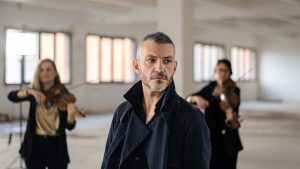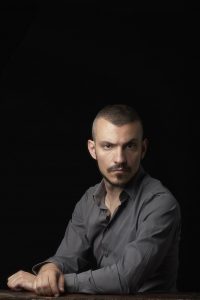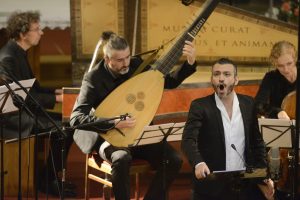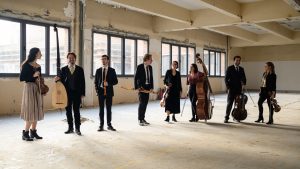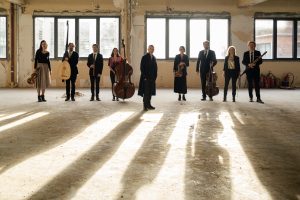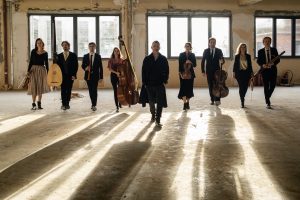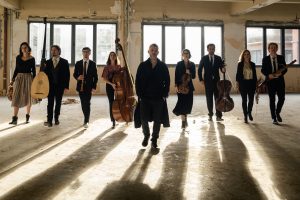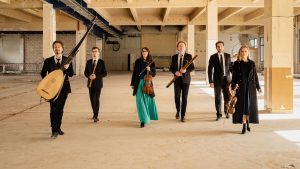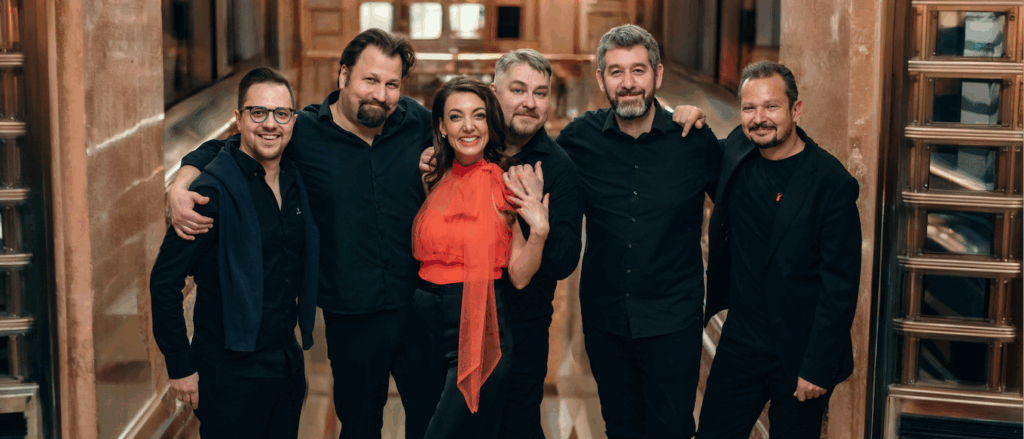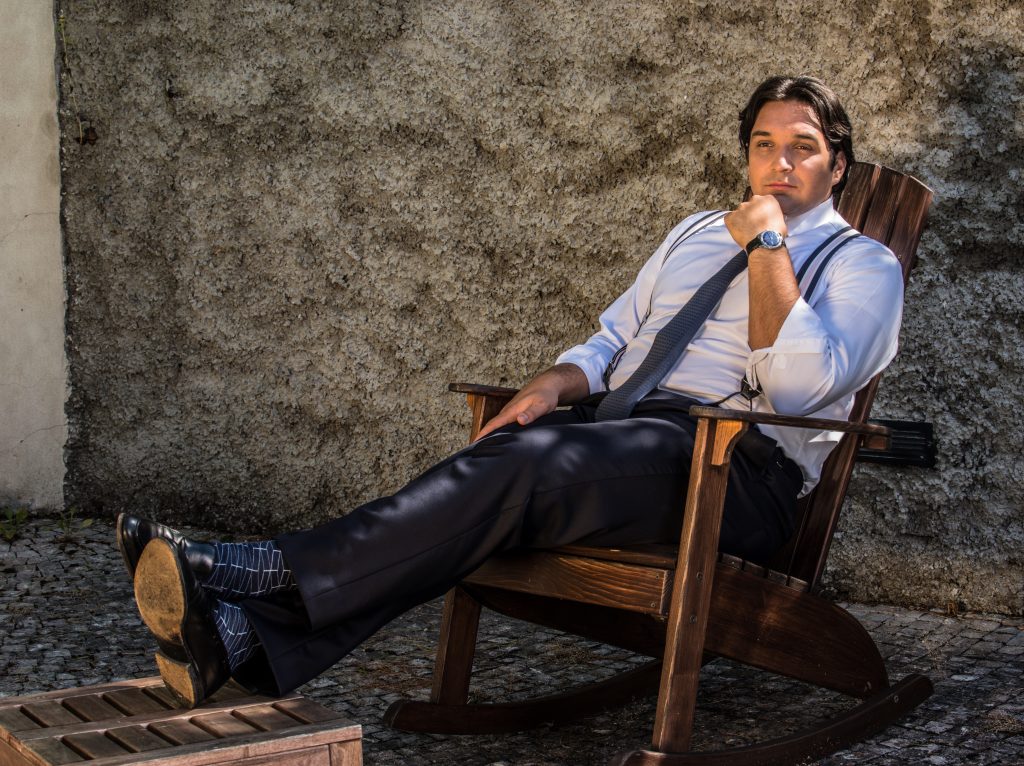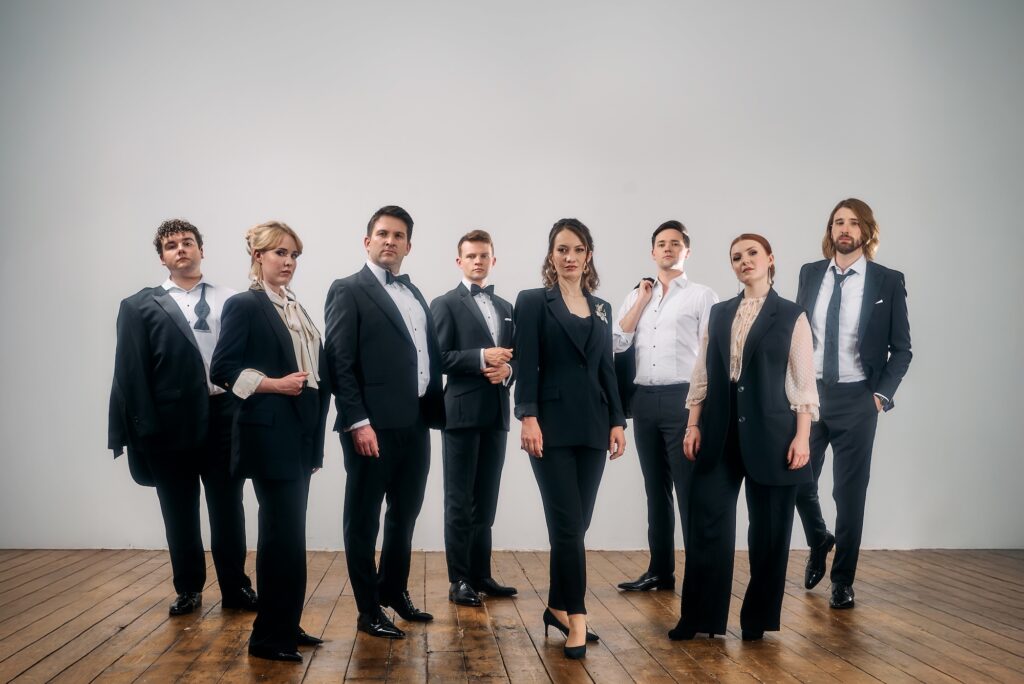FILIPPO MINECCIA / LES AFFRANCHI·e·s
ITALIAN BAROQUE
Date
Monday 23. 9. 2024 from 7:00 pmTicket price
FILIPPO MINECCIA / LES AFFRANCHI·e·s
ITALIAN BAROQUE
Programme
Johann Adolf Hasse (1699–1783): I Pellegrini al sepolcro di Cristo (Dresda 1742), Introduzione
Georg Friedrich Händel (1685–1759): da Floridante (Londra 1721) Aria, Notte cara deh riportami il mio ben
Giovanni Bononcini (1670–1747): da Astarto (Londra 1720), Aria, Stelle ingrate
Attilio Ariosti (1666–1729): da Vespasiano (Londra 1724), Aria, Or che il sonno
Antonio Vivaldi (1678–1741): Bassoon Concerto B major No. 1 “La Notte“, RV 501 F VIII. No. 1
Carlo Pallavicino (1630–1688): dal Nerone (Venezia 1679) Aria, Dormite o pupille
Giovanni Battista Sammartini (1700 ca–1771): Da Agrippina (Milano 1743) Aria, Torbida notte intorno
Domenico Sarro (1679–1744): Il Vespasiano (Napoli 1707), Aria, Sonno vieni
Antonio Vivaldi: Flute Concerto “La Notte“, RV 439
Johann Adolf Hasse (1699–1783): Il Cantco de’ Tre Fanciulli (Dresda 1732), Aria, Notte amica
Francesco Gaparini (1660–1727): da Dori e Fileno (? -?), recitativo acc. Notte Oscura
Tomaso Albinoni (1671–1751): Il Nascimento dell’aurora (Vienna 1710), Con cetra più sonora
Giovanni Batista Casali (1715–1792) (?-?) Aria, Dopo l’oscura notte
Night, a time of rest, calm and dreams, but also of anguish, nightmares, fears and uncertainties. The greatest poets, librarians and composers of the Baroque period have reserved arias and texts and pieces of extraordinary beauty for it. This recital pays homage to the time of darkness and all the charm that surrounds it.
Filippo Mineccia – countertenor
Les Affranchi·e·s:
Anne Camillo – violin
Hélène Decoin – violin
Celine Tison – alto
Pierre Charles – cello
Benjamin Narvey – theorbe and baroque guitar
Ján Prievozník – double bass
Giulia Barbini – flute
Martin Roux – oboe
Antoine Pecqueur – basson
Ondřej Bernovský – harpsichord




